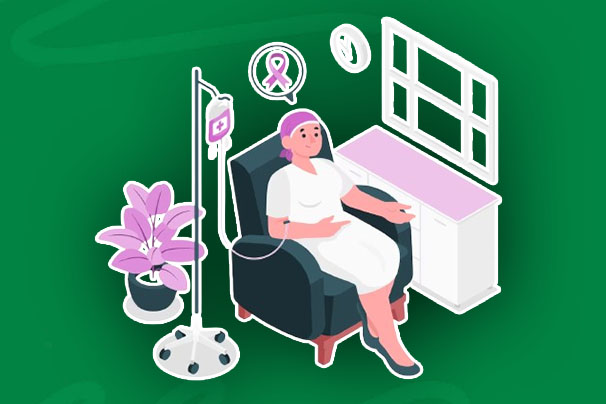Are you wondering if your life insurance policy covers cancer? If yes, this article is for you. This article aims to discuss life insurance for cancer patients.
In the meantime, cancer diagnosis can have devastating effects on families and loved ones. Research shows approximately two million people in the United States are expected to be diagnosed with cancer in 2024.

However, getting life insurance for cancer patients can help with this. If you’re not sure how to go about this, this article is for you. This guide will provide you with all the necessary information to enable you to make informed decisions.
Can I Get Life Insurance After a Cancer Diagnosis?
If you have been recently diagnosed with cancer, you may find it difficult to get life insurance, but this isn’t impossible. However, your chance of getting a policy will depend on the type, stage, and grade of your cancer.
Most insurance companies do not offer coverage to people still having cancer treatment.
Nonetheless, you might likely qualify for burial, guaranteed, and group life insurance with a cancer diagnosis, but other traditional types of coverage may be off the table.
Types of Life Insurance for Cancer Patients
Several different types of life insurance may be offered to cancer patients. Here are some of the insurance coverages:
Guaranteed Issue Life Insurance
This is one of the easiest types of life insurance for terminal cancer patients to purchase. This is because it doesn’t require any medical exam or health screening.
As the name implies, this policy is guaranteed to be issued, which means you won’t be denied coverage based on health. It is whole life insurance, which is permanent life insurance.
However, this coverage tends to be more expensive than other types of insurance, and there is usually a cap on how much death benefit you can afford.
Burial Insurance
This insurance is also known as funeral or final expense insurance, and it falls under the category of permanent life insurance.
This policy stands out because you don’t need a medical exam. Its main aim is to cover end-of-life expenses, which can be substantial.
Also, it aims to alleviate the financial burden on your loved ones, allowing them to focus on the emotional aspect of mourning rather than the financial stress.
However, the cost of this policy can be relatively high, and thus you must compare lenders.
Group Life Insurance
If you or your spouse is working, you can access a group life insurance policy through your employer.
You can qualify for this policy if you’re a veteran or a member of an organization that offers this benefit.
There are no medical exams needed for this coverage, and the benefits may not be very high. Nonetheless, this coverage could be worth purchasing.
Can I Get Life Insurance After Having Cancer?
If you were once diagnosed with cancer and have undergone treatment, you can still qualify for life insurance.
However, this will depend on the type of cancer you had and the time since your recovery. Here are some of the factors that your insurer might consider:
- When were you diagnosed with cancer?
- The type of treatment you received (chemotherapy, radiotherapy, surgery, etc.)
- The last time you received a cancer treatment
- How long have you been in remission?
- The stage of your cancer.
Aside from the above questions, your insurer might ask for additional medical information from your GP, but you don’t need to fret.
This can be useful as it can ensure your cover is valid and can help to avoid issues during the claim process.
Does a Family History of Cancer Have an Impact?
Yes! If there is a history of cancer in your family, this might affect your insurance rates. However, this is not the only factor that will be considered.
The type of cancer is also important, as some cancers exhibit stronger hereditary patterns than others.
In addition, the nature of your relationship with diagnosed relatives and the ages of the relatives when they were diagnosed are also crucial.
Should I tell an insurer if I have cancer?
Yes. You must be completely transparent about your medical history with your insurer. This will help get the right coverage that suits your needs.
However, once you’re dishonest with your health and lifestyle, this could invalidate your policy. In addition, if you die and your beneficiaries make a claim, they might not get a payout if you have not shared any pre-existing conditions.
